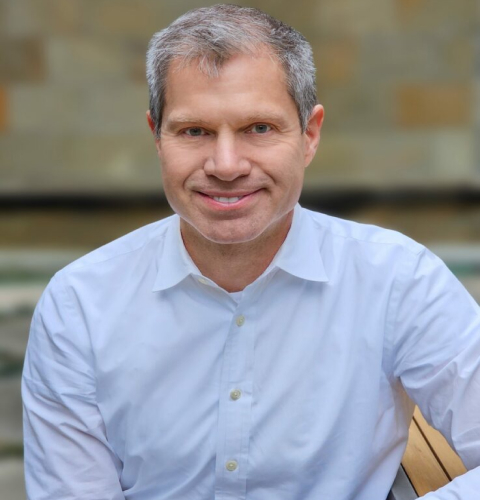As winter settles in, we enter a time of year that many East Asian medicine traditions recognize as the peak of Yin energy. The Winter Solstice, often known as the longest night of the year, represents the most Yin moment in the natural cycle. Yin is associated with qualities like darkness, quiet, cold, rest, and reflection. During this season, there is an invitation to slow down, look inward, and restore ourselves, both physically and emotionally.
In East Asian medicine, Yin and Yang are fundamental principles that help us understand the balance of energy in our bodies and the world around us. Yang embodies brightness, activity, warmth, and outward movement. Yin, on the other hand, encompasses stillness, coolness, and receptivity. Although we are living modern lives often dictated by work schedules, social gatherings, and ever-present screens, aligning ourselves with the natural rhythms of the season can bring about a sense of harmony and well-being.
Why Winter is the Most Yin Time of the Year
The Winter Solstice marks the longest night and the shortest day. This natural shift offers a unique moment: at the very height of Yin, a subtle transition begins as the days gradually become longer. In other words, as we reach peak Yin, the seeds of Yang start to appear. While Yin may seem dormant, it is a time of quiet potential. Beneath the surface, life is preparing for renewal.
Honoring the Need for Rest and Reflection
During this season, our bodies often crave more rest. Many people notice a desire to sleep longer, stay cozy indoors, and move more slowly. These instincts are not mere coincidences; they reflect the body’s natural response to shorter days, cooler temperatures, and the inward pull of winter.
However, this time of year also brings holidays, gatherings, and obligations that can feel at odds with our need to rest. The key is mindfulness. Consider how you can embrace seasonal changes without ignoring your responsibilities. Perhaps it means choosing a few holiday events you truly value rather than overcommitting. It might mean turning in earlier at night or setting aside a few minutes each morning for quiet reflection or journaling.
Yin Practices for Winter Well-Being
Simple Yin-supporting practices can help you align with this season’s energy. You might try gentle yoga, meditation, mindful breathing, or quiet walks in nature. Even a short break of a few minutes can help you recenter. Technology offers tools like meditation apps or journaling apps that can easily fit into your day. Consider these as opportunities to reconnect with yourself, especially when it’s not practical to take long periods of rest.
Another supportive practice is acupuncture. Many patients find acupuncture sessions deeply restorative, allowing them to fully relax and let go of stress. During a Yin-dominant season, acupuncture can help harmonize the body’s energy, promoting better sleep, calmness, and overall balance. While not everyone resonates with every Yin practice, the main goal is to honor the need for restoration in a way that feels right to you.
Preparing for the Return of Yang
Just as Yin peaks at the Winter Solstice, Yang slowly begins its return. The days will lengthen, bringing more light, warmth, and outward energy. Embracing the inward, reflective qualities of Yin now allows your body and mind to be ready for the energetic expansion of spring and summer. By taking the time to rest, nurture, and restore, you set the stage for greater vitality, creativity, and growth in the months ahead.
If you are in the Atlanta area and interested in exploring how acupuncture can support you during the winter season, consider coming into our Atlanta acupuncture clinic for a treatment. By aligning with the rhythms of nature, you can cultivate balance, embrace the Yin energy of winter, and be prepared to flourish as the cycle moves forward into brighter days.
-
Mark A. Lewinter, DACM, L.Ac. has a Doctor of Acupuncture and Chinese Medicine degree from Pacific College of Health and Science and a Master of Science degree in Oriental Medicine from Southwest Acupuncture College. His interest in studying East Asian Medicine started at age thirteen when he was diagnosed with cancer. While undergoing chemotherapy, he also incorporated alternative medicine to facilitate his recovery.
View all posts
